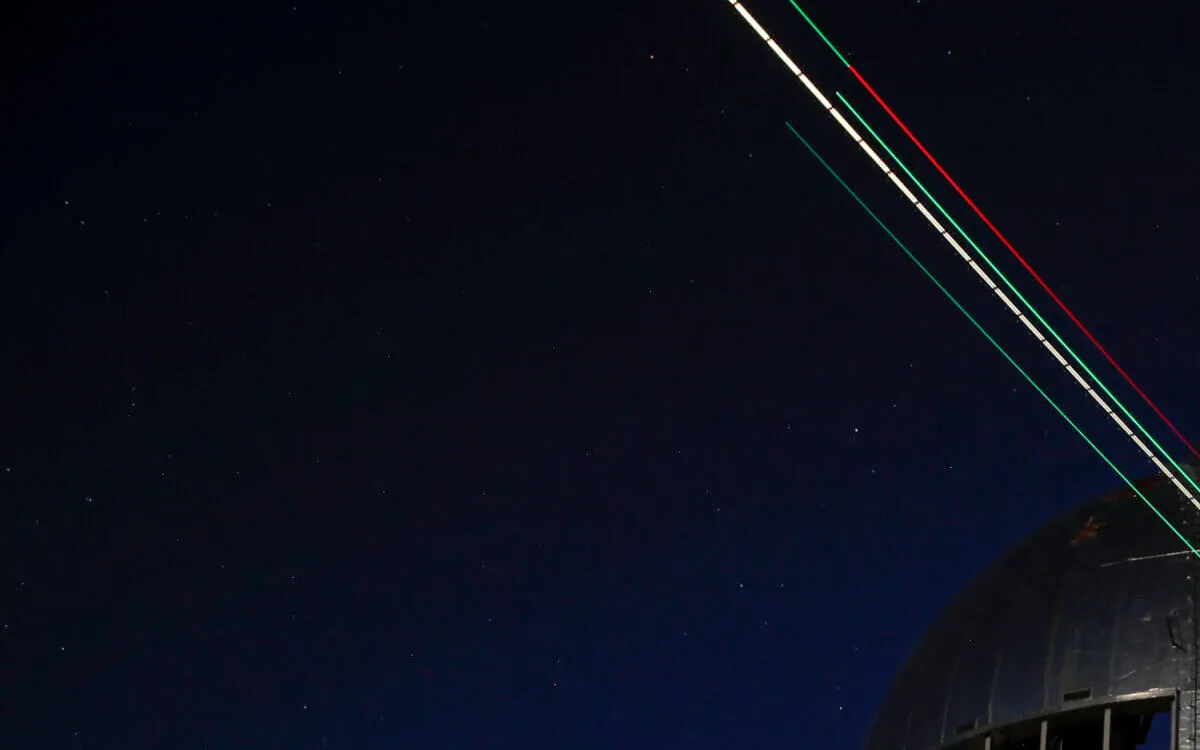
The first test images from the revolutionary Vera C. Rubin Observatory in Chile have captivated stargazers worldwide. This state-of-the-art facility, named in honor of the trailblazing American Jewish astronomer Vera Rubin, is capturing the light from millions of distant stars and galaxies on an unprecedented scale. These stunning images are not only mesmerizing but also revealing thousands of previously unseen asteroids, paving the way for a transformative understanding of interstellar space.
Born in Philadelphia, Vera Rubin (originally Vera Kobchefski) passed away in 2016 at the age of 88. Her groundbreaking work in astronomy made her a perennial candidate for the Nobel Prize, recognized for her insights into the movement of galaxies and the forces that influence them. A devoted mother, Rubin raised four children who all earned PhDs in science and entered academia, supported by her mathematician husband and a family that valued education and curiosity.
Rubin's father, who was born Pesach Kobchefski in Vilnius, Lithuania, changed his name to Pete Cooper after immigrating to New York. He epitomized the fearless quest for knowledge that his daughter would later embody. In the wake of the Great Depression, he left his job at the Bell Telephone Company, which he found mundane, prompting a supervisor to lament about “you Jewish boys.” Rubin's mother, Rose Applebaum, came from a Bessarabian Jewish background and pursued a passion for singing, participating in synagogue choirs and studying with esteemed vocal instructors.
While Rubin could not match her mother’s musical talents, she was an ardent admirer of American Jewish songwriter George Gershwin, even dreaming of being him as a child. Her love for musical theater continued throughout her life, reflecting her vibrant personality. When she donated her papers to the Library of Congress, she requested tickets to a Stephen Sondheim show, another notable Jewish composer.
During her years at Vassar College, Rubin's life was intertwined with influential figures in both science and music. When the renowned conductor Leonard Bernstein visited her campus in 1946, it was a significant event. However, it was the visit from physicist Richard Feynman that left a lasting impression on her, as she had long aspired to be an astronomer after gazing at the night sky in her youth. She eventually married one of Feynman's students, Robert Rubin, and began her academic journey at Cornell University under the mentorship of the esteemed physicist Hans Bethe.
Rubin boldly presented her research findings at conferences, challenging the traditional gender norms of her field. As a Jewish woman in astronomy, she was often a voice for change, advocating for gender equality and speaking out against sexism with her characteristic blunt humor. Her commitment to her identity as an observant Jew was unwavering; she regularly attended services with her family and later at Temple Sinai in Washington, D.C.
Rubin's perspective on science transcended mere academic interest; she viewed it as a moral endeavor. She often lamented the slow progress for women in scientific professions, expressing her deep concern during interviews. Despite the challenges she faced, including discrimination from peers in the field, she remained a passionate advocate for women and girls in science, emphasizing the importance of resilience and self-confidence.
As a dedicated mother, Rubin balanced her scientific pursuits with family life, valuing the input of her grandparents and husband in raising her children. She believed in the significance of nurturing young girls, particularly in the Jewish community, to empower them to break barriers and pursue their dreams. Her refusal to attend Princeton for graduate studies due to their exclusion of women serves as a poignant reminder of the gender disparities in academia.
Vera Rubin's contributions to astronomy extend far beyond her discoveries; she inspired countless individuals to pursue careers in science, especially women. Her ability to blend her Jewish heritage with her scientific endeavors showcased the profound impact of culture on personal identity. Recognizing that the universe may seem aimless, she found purpose in the pursuit of understanding, stating, “for some of us, attempting to understand this universe is important and a major part of our lives.”
The groundbreaking discoveries emerging from the Vera C. Rubin Observatory not only honor her remarkable legacy but also continue to inspire future generations of astronomers. As we delve deeper into the mysteries of the cosmos, Rubin's spirit and advocacy for women in science remain a guiding light for those who dare to explore the vastness of interstellar space.